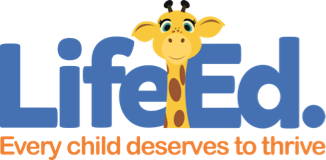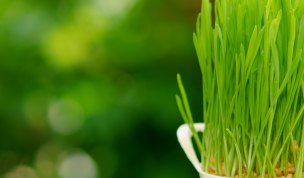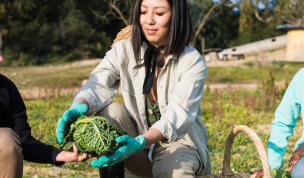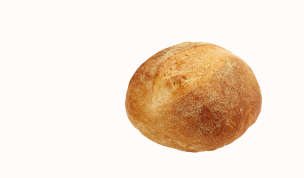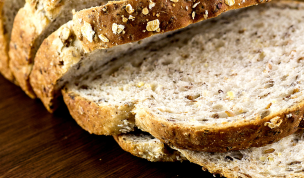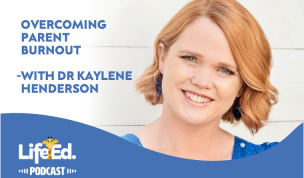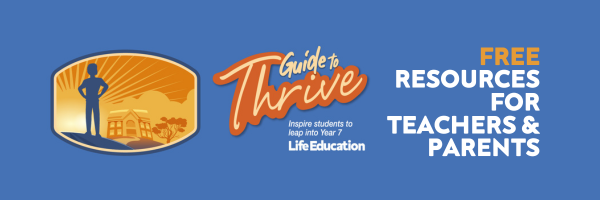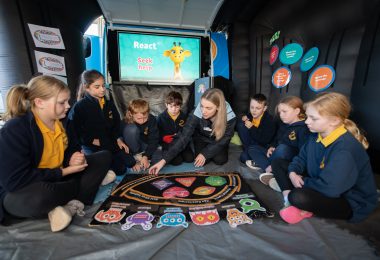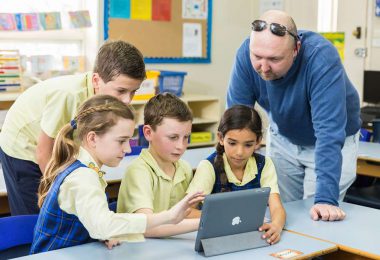Building a healthier, fairer world
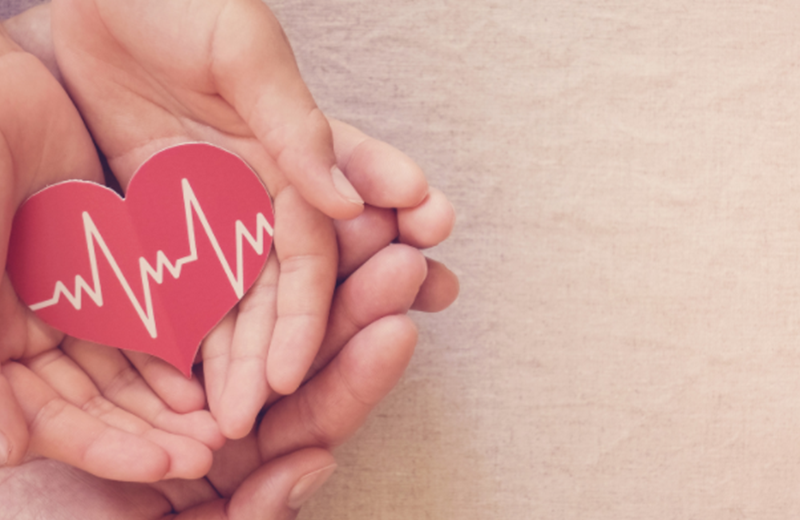
All children, no matter where they live or who they are, should have the same opportunity to fulfil their potential.
But we know not all children enjoy the same advantages.
In Australia, children living in rural and remote communities, children born into poverty, children with disabilities, Aboriginal and Torres Strait Islander children, and children from culturally and linguistically diverse backgrounds experience health inequalities.
A major factor in these poorer health outcomes is unequal access to resources necessary for health, such as good housing, adequate income, healthy food – and access to education.
As well as having a direct impact on health, health inequalities can have damaging psychological and social impacts.
They also have high economic consequences, costing Australia an estimated $14 billion per year.
Alarmingly, experts warn that COVID-19 is acting as a magnifying glass, increasing the gap and exacerbating inequalities.
This month, World Health Day is shining a light on building a fairer, healthier world.
Life Ed is supporting children and their families throughout the pandemic, by expanding our program to include online and virtual options, so no child misses out on vital health education.
We are reaching children in areas we’ve never been before, including children in Lord Howe Island, through our virtual studio, lived streamed into classrooms.
We are meeting the needs of children of all abilities. Our online program now includes Auslan interpretation and we are installing more wheelchair lifts into our vans.
This year, we are taking our new outdoor, COVID-safe pop-up classrooms on a road trip to rural and remote parts of the state, including Broken Hill, Lightning Ridge, and Tibooburra.
And our Healthy Harold Scholarship Fund is helping us reach kids who might otherwise miss out due to financial constraints.
Addressing inequities early in life has the potential to fundamentally change children’s chances and create a healthier and more productive future adult population.
You can help us make sure that more Australian children get a “fair go” through supporting children in your communities to access vital health education.
